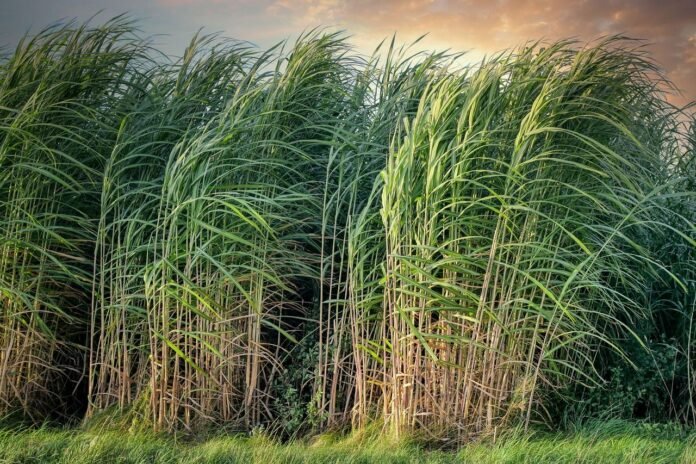21 January 2022: Brazil’s largest sugar-producing region is suffering from a second year of record drought, threatening to cause another short crop in 2022/23 that could prolong high sugar prices.
The Gro Drought Index (GDI) shows that sugarcane-growing areas of São Paulo state, which produces more than half of Brazil’s total sugarcane, has experienced mostly “exceptional drought” since July 2021, according to Gro’s Climate Risk Navigator, which can highlight growing conditions for individual crops.
Since the sugarcane growing season began in October, rainfall totals for São Paulo are 19% below the 10-year average. It’s the fourth year in a row of rainfall deficits for the region, and the cumulative impact threatens newly planted and aging sugarcane fields. While cane benefits from dry conditions during harvest, which begins in April, the crop needs sufficient rainfall during its vegetative period to stimulate rapid growth.

Sugarcane production in Brazil, the world’s largest sugar producer and exporter, is down an estimated 14% in the current marketing year, which ends in March. That has sent sugar prices to multi-year highs. Sugar is an important ingredient across the packaged food landscape, and higher prices impact everyone from bakers and confectioners to breakfast cereal and ice cream manufacturers.
Stronger sugarcane production in Asia offset Brazil’s weak 2021/22 crop. India is expected to end this marketing year with 3% higher production, and the USDA is projecting a 30% rebound in Thailand’s sugarcane production due to better weather conditions for cane growth. Overall, total global sugar production in 2021/22 has been forecasted by the USDA at 181 million tonnes, keeping it flat from the year before.
But with another poor year shaping up for Brazilian sugarcane production, global sugar markets will once again be counting on Asia outperforming to avert further tightening of global supplies.
-Related Insights
[ad_2]
The above news was originally posted on gro-intelligence.com





